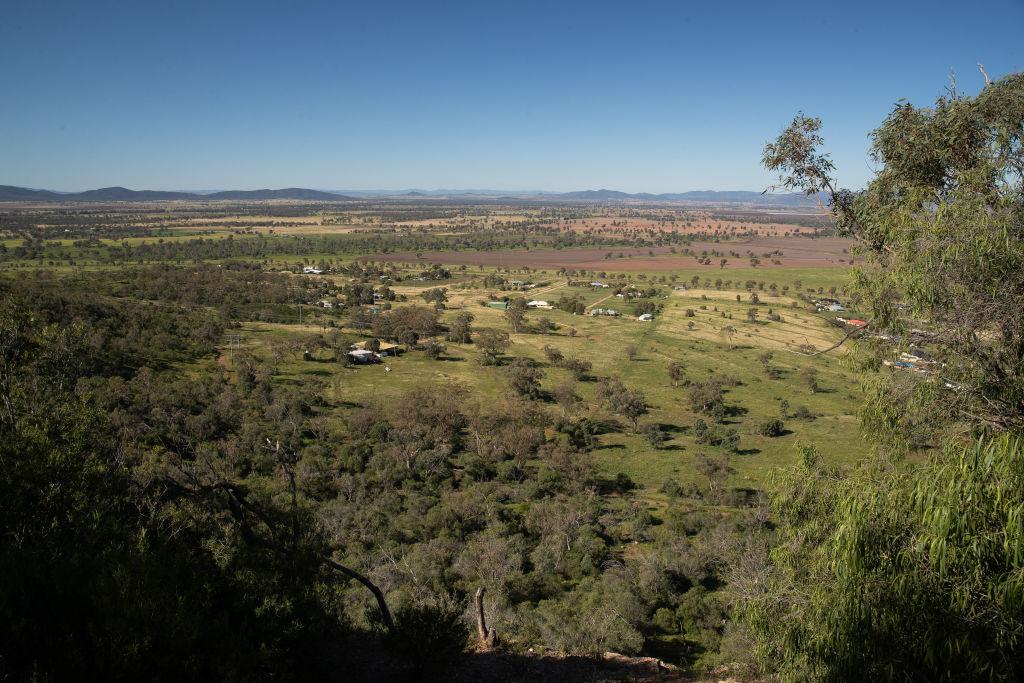The prices of Australia’s farmland have soared by 20 percent in 2021, reaching the highest growth in 27 years.
According to the Australian farmland value report (pdf) by Rural Bank, the median price of rural land increased over eight consecutive years with a total growth of 123 percent by 2021. It now stood at $7,087 (US$5,008) a hectare.





